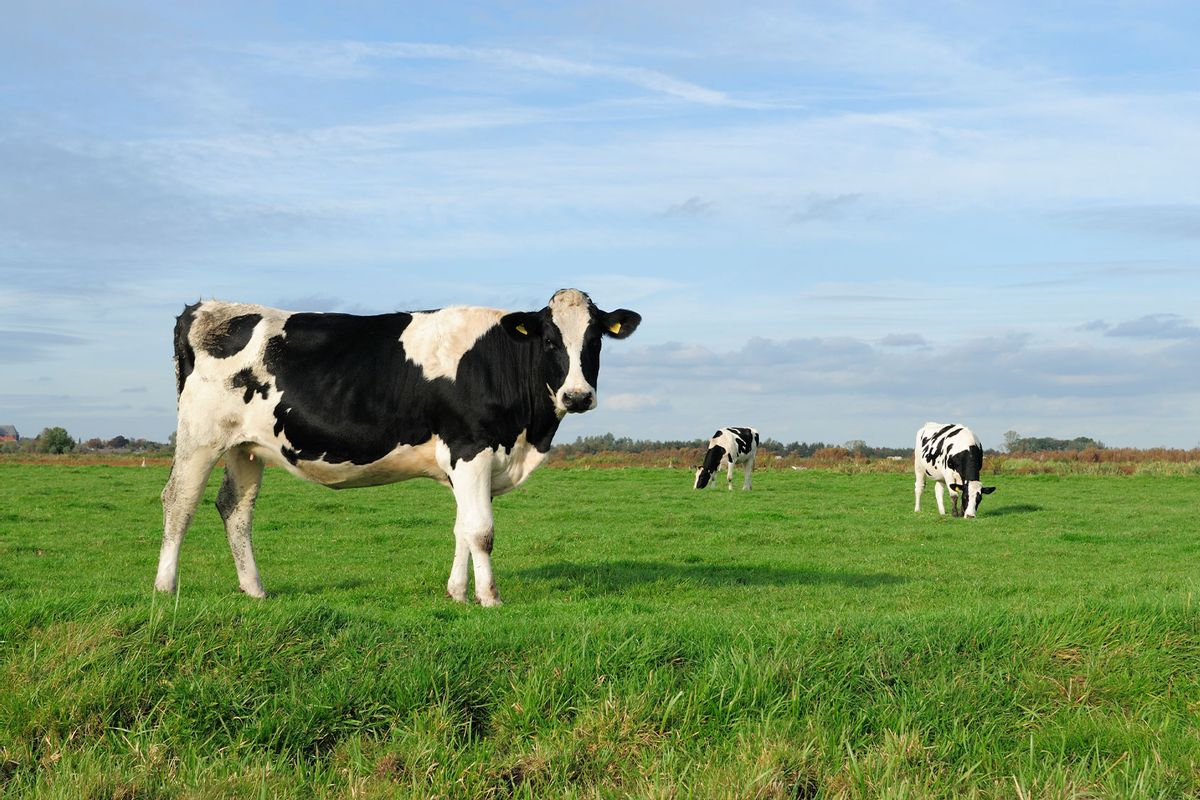A new study published in the New England Journal of Medicine Friday found that drinking unpasteurized, or raw, milk containing H5N1 avian flu viruses may be dangerous.
Researchers at the University of Wisconsin–Madison discovered that mice that were fed samples of milk from a herd of H5N1-infected cows subsequently grew very sick. Signs of illness, including ruffled fur and lethargy, appeared shortly after the mice consumed the milk.
Researchers euthanized the mice on day 4 of the study and studied where the virus was found in mouse tissues. High virus titers — a laboratory test that measures the level of antibodies in a blood sample — were detected in the respiratory organs of several mice. In two of the tested mice, the virus was found in the mammary glands.
“Detection of virus in the mammary glands of two mice was consistent with the high virus load in the milk of lactating cows, even though these mice were not lactating,” per the study. “Collectively, our data indicate that HPAI A(H5N1) virus in untreated milk can infect susceptible animals that consume it.”
Despite the recent findings, more research is needed to determine whether humans who drink raw milk containing the H5N1 virus would be affected in a similar manner as mice. The study, however, concludes that H5N1-positive milk poses a risk when consumed untreated.
The Food and Drug Administration has advised against the consumption of raw milk — mainly sourced from cows, sheep and goats. Raw milk can carry dangerous bacteria such as Salmonella, E. coli, Listeria, Campylobacter and other pathogens that cause foodborne illness.
As of May 24, the U.S. Department of Agriculture reported that 63 dairy cow herds in nine U.S. states have confirmed cases of H5N1 virus infections in dairy cows. Two human infections in dairy farm workers who were exposed to infected cows were also reported.

Shares